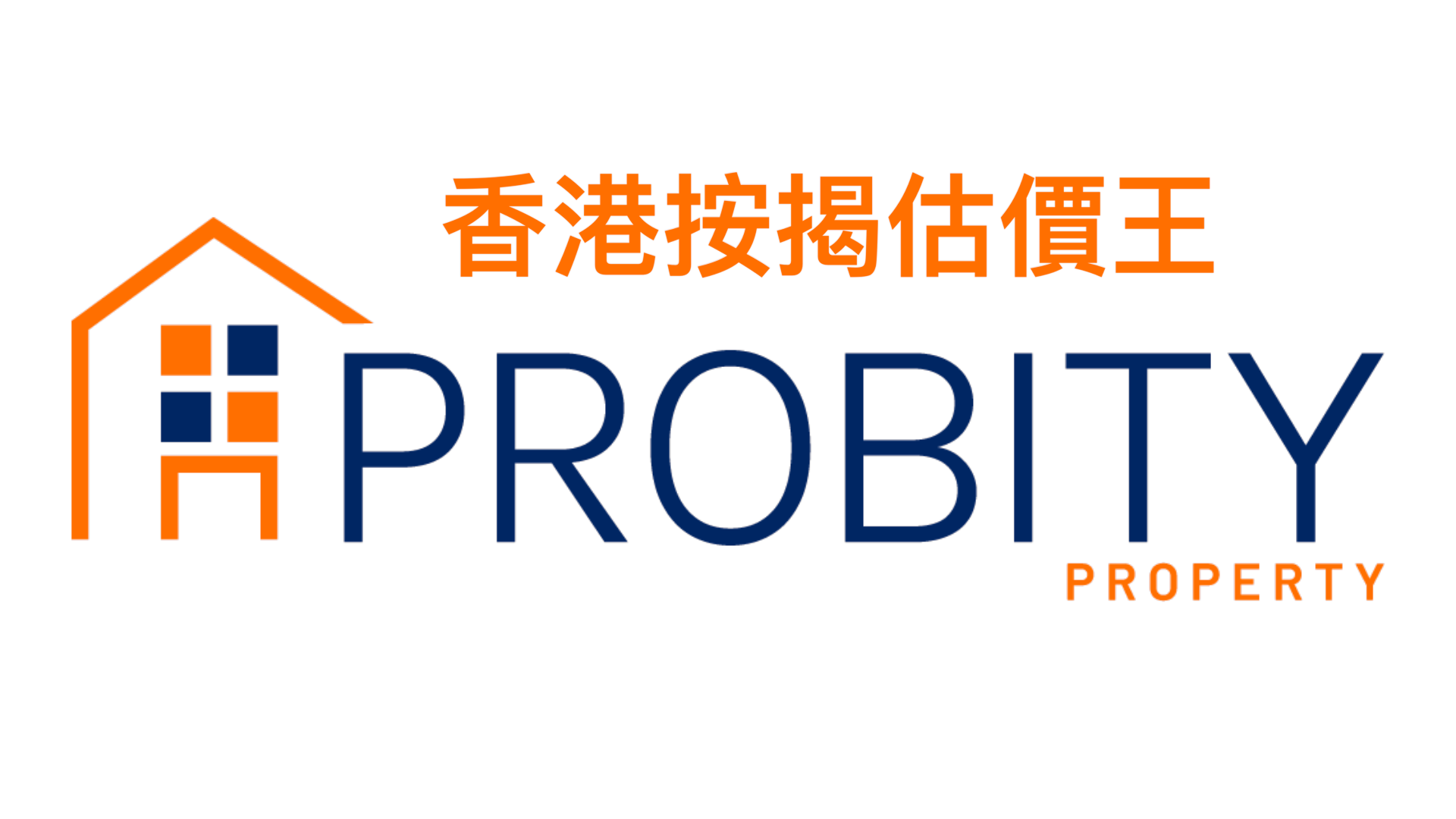Mortgage Guide for Self-Employed Individuals: Loan-to-Value, Stress Test, and Income Calculation

Mortgage Guide for Self-Employed Individuals: Loan-to-Value, Stress Test, and Income Calculation
Are you a self-employed individual looking to apply for a mortgage? Do you have questions about loan-to-value ratios, stress tests, and income calculations? If so, this comprehensive mortgage guide is for you.
Loan-to-Value Ratios
The government has relaxed loan-to-value ratios, allowing for up to 90% financing for properties valued at $10 million or less, and up to 80% financing for properties valued at $12 million or less. However, for self-employed individuals, properties valued at $10 million or less can only receive up to 80% financing, rather than the maximum 90% financing available for other applicants.
Income Calculation
The amount that a self-employed individual can borrow for a mortgage is based on their income. Mortgage lenders will calculate this amount based on the individual's tax returns. To ensure a successful mortgage application, self-employed individuals should maintain accurate income records that demonstrate their earnings.
Stress Test
All mortgage applications must pass a stress test to ensure that the borrower can afford the loan repayments, even if interest rates increase. For self-employed individuals, the stress test is even more rigorous due to the potential instability of their income. Self-employed individuals should carefully consider their current and future earnings when calculating their ability to repay a mortgage.
If a self-employed individual is seeking a high loan-to-value ratio, simply paying themselves a salary may not be sufficient. The company must have a stable financial history, be profitable, and pay taxes. While it is possible for self-employed individuals to apply for a mortgage with a stable income and strong finances, they should be cautious when calculating their borrowing capacity, as a mortgage is a significant financial commitment.
Steps to Applying for a Mortgage
Gather Documents: Before applying for a mortgage, self-employed individuals should gather relevant documents, such as tax returns, business registration certificates, business annual reports, and financial statements to verify their income and financial situation.
Choose a Lender: Self-employed individuals can compare multiple lenders to find the best mortgage option for their needs.
Pass the Stress Test: The lender will perform a stress test to ensure that the borrower can afford the mortgage repayments.
Sign the Contract: If the mortgage application is approved, the self-employed individual must sign a mortgage contract that specifies repayment terms and other relevant details.
Prepare for Repayment: Self-employed individuals must make timely mortgage repayments to avoid late fees and negative impacts on their credit record.
Conclusion
Applying for a mortgage as a self-employed individual can be complex, requiring careful attention to income and financial stability, as well as the ability to repay the loan. Self-employed individuals should choose reputable lenders and select a mortgage option that suits their financial situation. We hope this guide provides useful information and advice to help self-employed individuals successfully apply for a mortgage.


